Training costs are a significant expense: both for employers and workers alike. However, it’s important to see these costs as an investment in the future of the individual and the organization(s) for which they will work.
Afterall, there are many different career options in the trucking industry. Each position requires specific training, especially jobs like being a driver or technician where there are regulatory requirements related to training. As a result, there are costs associated with learning these professions.
Regardless of how they are viewed, though, costs are costs. Many businesses are reluctant to put money into training. Fortunately, though, there are programs available to help businesses with these costs. This article will present a particularly important one: the Canada Job Grant.
The Canada Job Grant Program
The Canada Job Grant is a program funded by the federal government of Canada and administered by individual provinces and territories. Its purpose is to provide funding for Canadians to learn the skills necessary to support the economy and hold onto sustainable jobs [1].
There may be funding opportunities in whichever province or territory you find yourself in. The programs do differ between the different provinces and territories, though, so you will need to contact the appropriate government department in your region for more information. The next section will discuss Alberta’s version of the program.
Case Study: The Canada-Alberta Job Grant
In Alberta, employers can apply to the Canada-Alberta Job Grant (CAJG) to get funding for current or even future employees [2]. There is also a convenient application guide to assist employers in navigating the program [3].
The CAJG program is meant for private employers, not organizations like governments and municipalities. There are different types of individuals who may receive training reimbursement through this program, even including some family members of business owners and owners themselves, within certain restrictions.
CAJG funding can be used for direct training costs only. These include tuition and other fees charged by institutions, exam fees, textbooks and study aids, and even some travel costs. Income and wages are not, however, eligible for funding.
Many different forms of training are acceptable under this program, and online and in-person are both eligible. Those interested in trucking careers can even get this funding for their Mandatory Entry Level Training (MELT) costs to obtain an Alberta Class 1 licence.
So, how much funding can be received? First of all, the CAJG provides 100% of the eligible training costs for unemployed trainees (which is a term specifically defined in the application guide [3]). Those currently employed by an organization can have 67% (two thirds) of the training costs covered.
A single employer can receive up to $300,000 in funding per fiscal year, and they can receive up to $10,000 per trainee through the program (which increases to $15,000 for unemployed trainees). These limits are imposed by the CAJG program, but they do not limit the employer for additional investments in training. These are just the maximum amounts the program will cover.
Employers based in Alberta therefore have considerable resources available to them in the form of the CAJG program, and all applications are made online. Are you not based in Alberta? Then contact the applicable government department in your jurisdiction to learn about the specifics for Canada Job Grant funding available to you!
Conclusion
Regardless of where they are based in Canada, there are likely funding options available to employers and employees to help offset the costs related to training. As the work world becomes more complicated and training demands increase in response to rapidly changing business conditions, the need to efficiently provide people with the necessary skills in their industries is essential.
The Canada Job Grant program is meant to do just this. Visit the links in the reference section to learn more about how this program can benefit you and your career or staff careers.
References
1 – Government of Canada. “About the Workforce Development Agreements program.” Accessed May 21, 2024, from https://www.canada.ca/en/employment-social-development/programs/training-agreements/workforce-development-agreements.html.
2 – Government of Alberta. “Canada-Alberta Job Grant.” Accessed May 21, 2024, from https://www.alberta.ca/canada-alberta-job-grant.
3 – Government of Alberta. “Canada-Alberta Job Grant applicant guide.” Accessed May 21, 2024, from https://open.alberta.ca/publications/canada-alberta-job-grant-applicant-guide.




Comments are closed